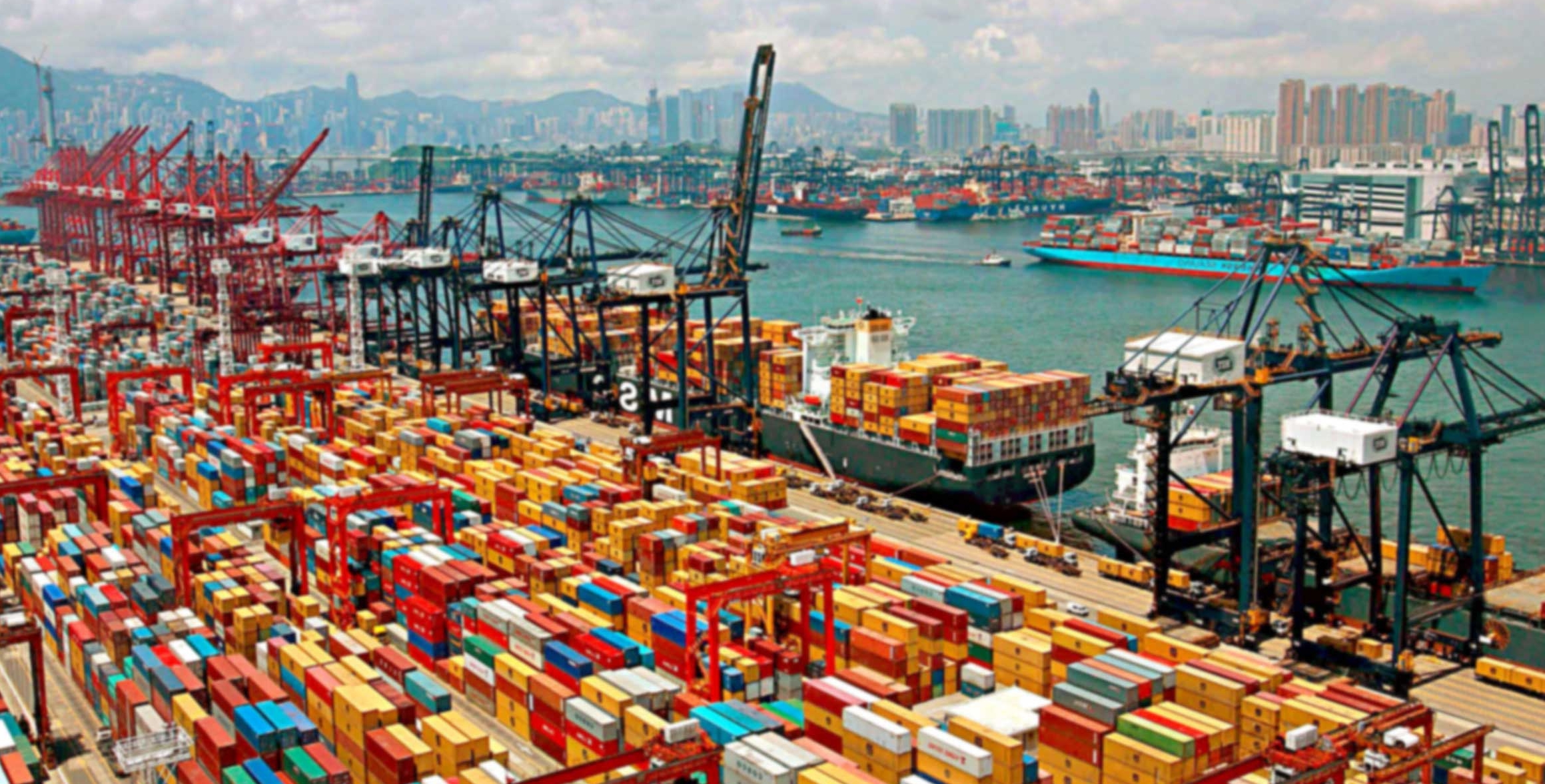El Puertos is a term steeped in cultural, historical, and geographical richness, often associated with ports, trade routes, and vibrant local communities that have thrived over centuries. Its multifaceted significance spans across various domains, from commerce and maritime legacy to culinary traditions and tourism hotspots. Whether you're delving into its historical tapestry or exploring its modern-day relevance, el puertos remains a cornerstone of economic and cultural heritage.
But what truly sets el puertos apart is its ability to connect people, places, and stories. Ports have always been gateways to the world, bustling with activity and opportunities. In many ways, el puertos symbolizes the lifeblood of trade, the confluence of cultures, and the beginning of countless adventures. This intricate blend of history, geography, and human enterprise makes it a subject worth exploring in depth.
In this article, we’ll navigate through the expansive world of el puertos, uncovering its historical origins, architectural marvels, and its role in shaping regional economies. From its ancient roots to its modern-day transformation, we’ll provide a comprehensive overview that captures the essence of what makes el puertos so unique. Whether you're a history enthusiast, a traveler, or someone intrigued by maritime culture, this guide will offer valuable insights and perspectives.
Table of Contents
- Biography and Historical Origins
- Geographical Significance
- Cultural Influence of El Puertos
- Architectural Landmarks
- Economic Impact
- Culinary Heritage
- Role in Maritime Trade
- Tourism and Travel
- Modern Developments
- Environmental Concerns
- Educational and Museological Importance
- Literature and Artistic Representation
- Festivals and Celebrations
- Frequently Asked Questions
- Conclusion
Biography and Historical Origins
El Puertos, a term with deep historical roots, has been a focal point in the shaping of civilizations. The history of ports and their significance dates back thousands of years, serving as hubs for trade, exploration, and cultural exchanges. The etymology of "el puertos" itself suggests a gateway or passage, representing its pivotal role in connecting lands and people.
| Attribute | Details |
|---|---|
| Name | El Puertos |
| Meaning | "The Ports" or "The Gateways" |
| Historical Era | Ancient to Modern Times |
| Key Role | Trade, Culture, Maritime Connectivity |
| Legacy | Economic and Cultural Development |
Historically, el puertos served as the backbone of ancient civilizations. From the Mediterranean ports of the Roman Empire to the bustling harbors of the Silk Road, these gateways were instrumental in fostering commerce and cultural ties. Coastal cities like Alexandria, Carthage, and Cádiz owe much of their prominence to their strategic port locations.
The rise of el puertos in the medieval period marked another significant chapter. During this time, ports became critical for the expansion of maritime empires, such as those of Spain and Portugal. These nations leveraged their ports to launch exploratory voyages, establish trade colonies, and spread their influence across continents.
Fast forward to the industrial age, and the role of el puertos evolved further. The advent of steamships and advanced maritime technologies revolutionized trade routes and made ports even more critical to global commerce. Today, el puertos continues to be a vital part of international trade networks, adapting to modern challenges and opportunities.
In the sections that follow, we will delve deeper into the various dimensions of el puertos, from its geographical and economic significance to its cultural and environmental impact. Each aspect will shed light on why el puertos remains an enduring symbol of progress and connectivity.
Geographical Significance
[Content to follow]
Cultural Influence of El Puertos
[Content to follow]
Architectural Landmarks
[Content to follow]
Economic Impact
[Content to follow]
Culinary Heritage
[Content to follow]
Role in Maritime Trade
[Content to follow]
Tourism and Travel
[Content to follow]
Modern Developments
[Content to follow]
Environmental Concerns
[Content to follow]
Educational and Museological Importance
[Content to follow]
Literature and Artistic Representation
[Content to follow]
Festivals and Celebrations
[Content to follow]
Frequently Asked Questions
What does "el puertos" mean?
"El puertos" translates to "the ports" or "the gateways," symbolizing its role as a connection point for trade and culture.
Why are ports important in history?
Ports have been crucial for trade, exploration, and cultural exchanges, shaping the development of civilizations over centuries.
Which are some famous examples of el puertos?
Examples include Alexandria, Cádiz, and Carthage, each of which played a pivotal role in history.
How has the role of el puertos evolved over time?
The role of ports has expanded from ancient trade hubs to modern logistic centers, adapting to technological advancements and global demands.
What is the economic impact of el puertos?
Ports drive regional and global economies by facilitating trade, creating jobs, and supporting industries like shipping and tourism.
Are there environmental concerns related to el puertos?
Yes, ports face challenges like pollution and habitat disruption, prompting the need for sustainable practices.
Conclusion
El Puertos stands as a testament to humanity's ability to connect and create. From its ancient origins to its modern-day significance, it remains a vital part of our collective heritage. As we continue to explore its many dimensions, we gain a deeper appreciation for its role in shaping our world. Indeed, el puertos is more than just a term—it's a symbol of progress, resilience, and global unity.
You Might Also Like
Tina Caspary: The Multifaceted Talent Who Shaped A GenerationGrant Stone: The Perfect Blend Of Quality And Craftsmanship
Shoe Bracelet Trends: Elevate Your Footwear Style With Unique Accessories
Raquel Darria: A Journey To Excellence And Inspiration
Ultimate Guide To The Frame Stepper: A Revolutionary Tool For Precision
Article Recommendations

